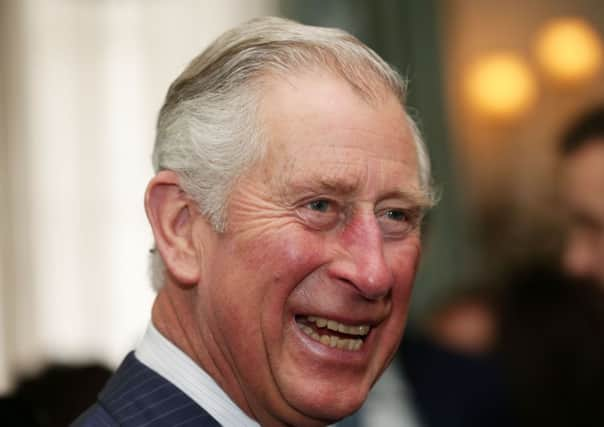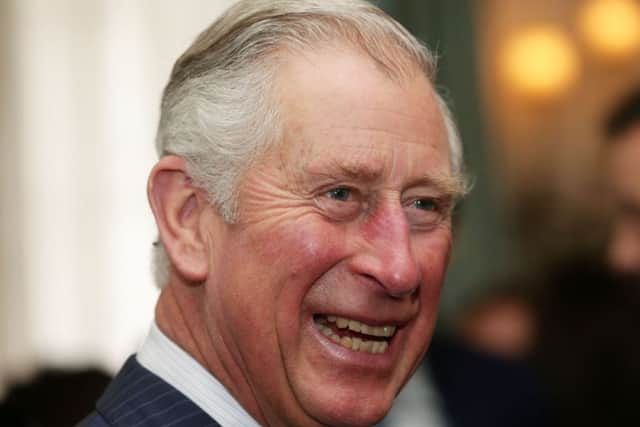Charles letters ruling puts law under spotlight


Anti-monarchy and freedom of information campaigners welcomed the ruling but their victory appeared shortlived as senior political figures suggested it will trigger a review of the law to ensure there is no repeat.
A Downing Street spokesman said last night the Government was considering “how best to release the correspondence”.
Advertisement
Hide AdAdvertisement
Hide AdThe release of the letters, known as the “black spider memos” because of the Prince’s style of handwriting, will give a unique insight into the personal views of the next in line to the throne.


It has also been suggested the letters will offer evidence Prince Charles has tried to influence Government policy, a view reinforced by the decision of the then Attorney General Dominic Grieve to block publication on the grounds they would be “seriously damaging to his role as future monarch” because they could call into question the Prince’s impartiality.
Prime Minister David Cameron said: “This is a disappointing judgment and we will now consider how to release these letters. This is about the principle that senior members of the Royal Family are able to express their views to government confidentially. I think most people would agree this is fair enough.
“Our FOI (Freedom of Information) laws specifically include the option of a governmental veto, which we exercised in this case for a reason. If the legislation does not make Parliament’s intentions for the veto clear enough, then we will need to make it clearer.”
Advertisement
Hide AdAdvertisement
Hide AdDeputy Prime Minister Nick Clegg also argued the letters should not be published because the Prince of Wales had expected them to remain private.
The judgment covers a period of 2004 and 2005 and follows an application by The Guardian for the letters to be made public which triggered a decade-long battle ending in the highest court of the land.
A tribunal chaired by a High Court judge originally agreed the letters should be published only for the Attorney General to intervene.
The original decision was upheld on appeal and again found to be correct by the Supreme Court by a majority of five to two.
Advertisement
Hide AdAdvertisement
Hide AdSupreme Court president Lord Neuberger said it was upholding a fundamental principle that a member of the executive should not be able to overturn a judicial decision.
Alan Rusbridger, editor-in-chief of Guardian News & Media, said: “The Government wasted hundreds of thousands of pounds trying to cover up these letters, admitting their publication would ‘seriously damage’ perceptions of the Prince’s political neutrality. Now they must publish them so that the public can make their own judgment.
“This is a good day for transparency in government and shows how essential it is to have a fully independent judiciary and free press.”
Graham Smith, chief executive officer of anti-monarchy campaigners Republic, said: “We can’t have a situation where we don’t know what influence Charles is having on government policy.”